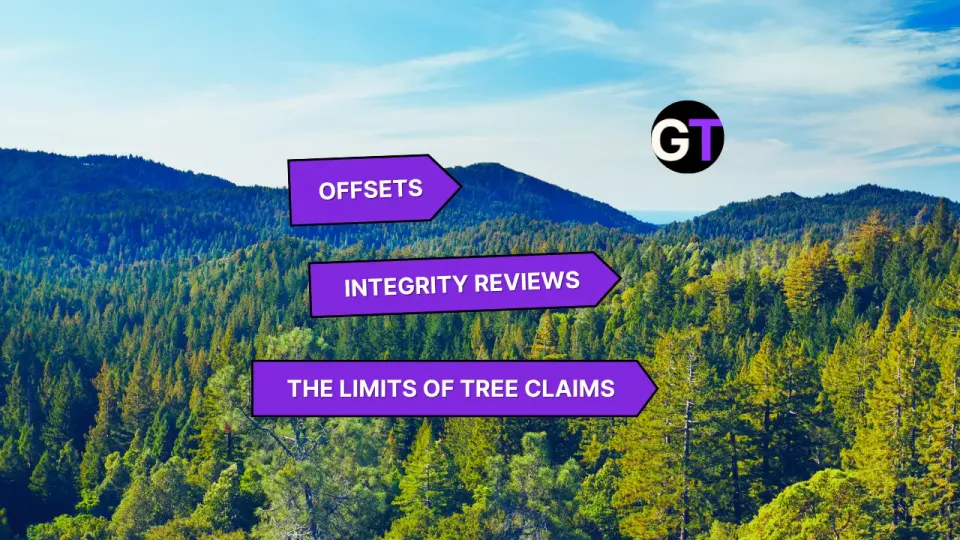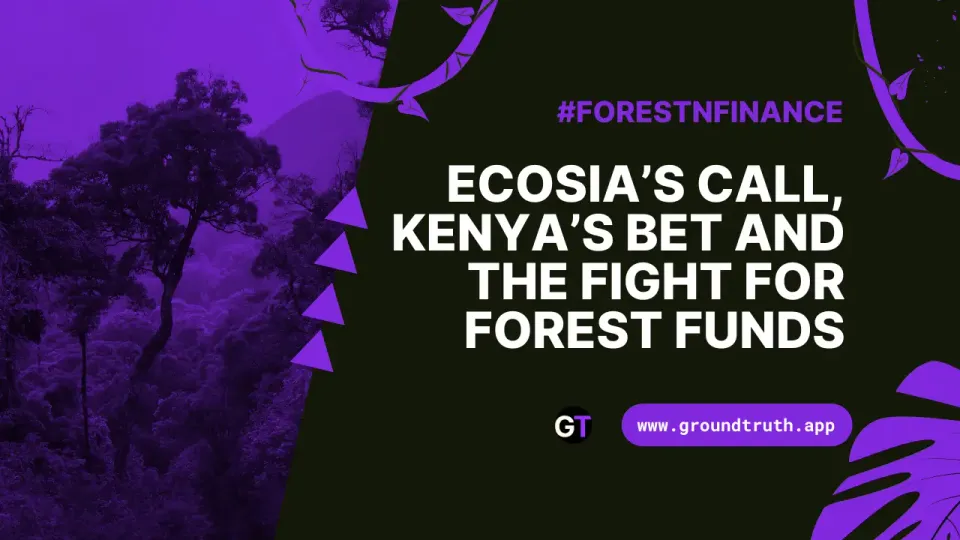G20: Minister Highlights the Role of Agroecology 🌾
The minister reinforced that the agroforestry program gives priority to the recovery of the vegetation of the settlements created in the Amazon during the military dictatorship.

This article by Wellton Máximo originally appeared in Agência Brasil.
After the 12% reduction in greenhouse gas emissions in 2023, Brazil has a tool with the potential to further reduce the release of carbon dioxide into the atmosphere. With about 28 million hectares of degraded pasture, the country can use these areas to increase food production without deforesting a tree.
In plenary on sustainable development, climate change and ecological transition at the G20 Social, a parallel event to the G20 Leaders Summit, the Minister of Agrarian Development, Paulo Teixeira, highlighted the role of technology to convert the Brazilian agricultural matrix from traditional agriculture to agroecology. He highlighted the investments that the government has made in low-carbon agriculture.
"From Brazil's point of view, agriculture will make decisive contributions [to reduce gas emissions]. First, we are reducing deforestation. Secondly, we are promoting regenerative agriculture, which recovers the environment, does not destroy it. The recovery of degraded pastures for agriculture means carbon credit recovery," Teixeira explained.
For the minister, Brazilian agriculture needs investments in technology and science to change the base of chemical inputs and pesticides in an activity based on bioeconomy and agroecology. "Currently, we have science available, but we need to make it reach the tip," he said.
In addition to investments in technology, the minister defended the restriction on credit to producers who deforest and burn the Amazon. "It is necessary to call the managers of banks in the Amazon and ask them to stop granting credit to agriculture and low-quality livestock. They have to finance, increasingly, higher productivity agriculture, which recovers the forest," he said.
Investments
The minister cited a series of numbers that show the increase in federal investments in agrarian development and family farming. According to Teixeira, in the last four months, investments have increased by 30% in organic agriculture, 40% in productive forests and 50% in bioeconomy. The discharge, he highlighted, came after changes in the rules of the National Program for the Strengthening of Family Agriculture (Pronaf).
Minister Paulo Teixeira announced that he presented to the Amazon Fund, reactivated last year, a project of R$ 1.5 billion for cooperatives associated with agroglostal systems. They will receive technical assistance and rural extension to modernize agricultural practice in the Amazon. "We need to end the fire in the management of agriculture and put more modern techniques. We want to plant food and 'plant' water by resurrecting a degraded area," Teixeira said, to applause from the audience.
The minister reinforced that the agroforestry program gives priority to the recovery of the vegetation of the settlements created in the Amazon during the military dictatorship and currently degraded. According to Teixeira, the initiative has worked, with the increase in the income of the populations that adhere to the model.
"The program enables forest regeneration with productive species that brings superior income results to those who live there. Açaí has a result for the producer 10 times higher than soybeans. Cocoa also produces more [per hectare] than land crops," he said.
Teixeira announced the 20% increase in the mechanization of family agriculture, a 30% increase in funding for young family farmers and a 40% increase for female family farmers. The minister also announced investments in traditional communities, with the purchase of R$ 32 million of agroecological products from quilombo communities by the National Supply Company (Conab).
ENVIRONMENT
The executive secretary of the Ministry of Environment and Climate Change, João Paulo Capobianco, who represents Minister Marina Silva, who is at the United Nations Conference on Climate Change (COP29) in Azerbaijan, cited government advances in recent years. He said that the country still has a lot to do, but listed progress, such as the 30.6% drop in deforestation in the Amazon and 25.7% in the Cerrado in one year, and the creation of the ecological transformation plan.
Capobianco also highlighted the signing of a pact between the Three Powers for the ecological transition. The document was signed in August by President Luiz Inácio Lula da Silva and the presidents of the Chamber of Deputies, Arthur Lira; of the Senate, Rodrigo Pacheco; and of the Supreme Court, Minister Luís Roberto Barroso.
Finally, the executive secretary highlighted the launch of the Development Letters of Credit (LCD), a title of the National Bank for Economic and Social Development (BNDES) to finance development projects, including sustainable enterprises.
Approved in June, the financial instrument was launched in October, shortly before COP29. "Our deadline was to launch the paper in February, but we anticipated to show Brazil's commitment to the environment," said Capobianco.




